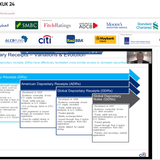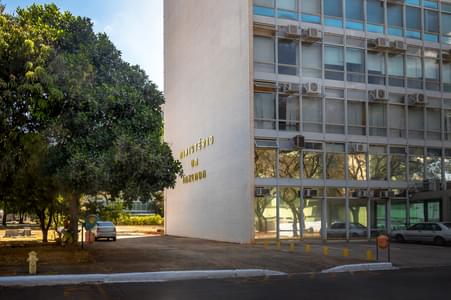In Congress, the government coalition is smaller, although perhaps less because of the wear from the denunciations against the President and more due to Temer’s difficulty in promoting candidates in 2018. As Carlos Melo once opined, a politician’s power today comes from the outlook for power in the future.
Flawed communication has aggravated the government’s lack of credibility, which affects consumer sentiment. Society in general does not understand that the decline of inflation and the economic recovery under way are not chance occurrences, but instead the fruits of sound economic policy. As a result, the people do not believe more advances will be achieved. Therefore, despite the improvement in the labour market, long before expected, fear of unemployment remains at record high levels and consumer confidence does not show the same vigour as that of business executives, who are shifting towards optimism more quickly. Were Lula the president, the picture would be very different.
Nevertheless, Temer’s transition government can deliver what it promised: a bridge to 2019.
The economy does matter. It’s no coincidence that when the street protests broke out in 2013, food price inflation was 15% (annually). A healthier economy than the disaster of the preceding few years will help contain society’s feeling of indignation, which is already starting to recede according to the most recent Ipsos polls. Things are now in place for a more mature electoral debate regarding the economic direction of the country, including by more extremist candidates.
The difficulties of winning over voters in 2018 will be faced by all lawmakers in roughly equal measure. Society’s discontent is strong, and peppered with intolerance and various anxieties. A large portion of society wants a liberal economic agenda, while another wants interventionism. Some people hew to conservative customs, others condemn these values, and still others advocate more freedom. Some want equal opportunities, others fear losing their privileges. The quilt is large and complex, with the most diverse combinations of these themes; this election will not be one that simply sees the left face off against the right, or the PT versus the PSDB.
Brazilian society is heterogeneous. The recent economic and political disaster has exacerbated this complexity, leaving all candidates vulnerable. Dialogue with society is more challenging. The rejection ratings, even of non-politicians, are high. The disapproval rating of Judge Sergio Moro, leader of the Lava Jato investigations, has reached 45% according to Ipsos.
The consequence is that all the candidates will likely have a “low ceiling”, including those with more strident discourses. There is no “national saviour” waiting in the wings; only the purported saviours of some groups, without the ability to mobilise larger portions of society. It will be a closely fought race, not only among the candidates. The battle will also be to prod voters out of their despair. The supplementary election in the state of Amazonas this year, which saw barely 50% of the voting population participate, is emblematic.
The issues at stake in the election are becoming clearer among voters, and the improving economic picture will contribute to this. At the same time, values of candidates captured in qualitative surveys, such as experience and honesty, will gain more importance.
Despite the complexity of society today, one feeling unites everyone: the desire for a better life and sustained growth. This agenda presupposes forthrightness with the public purse, better management of government policies and a more favourable business climate to attract private capital. There is no magic formula, but at least Brazilian society seems better positioned to reject easy fixes and half-baked proposals.









